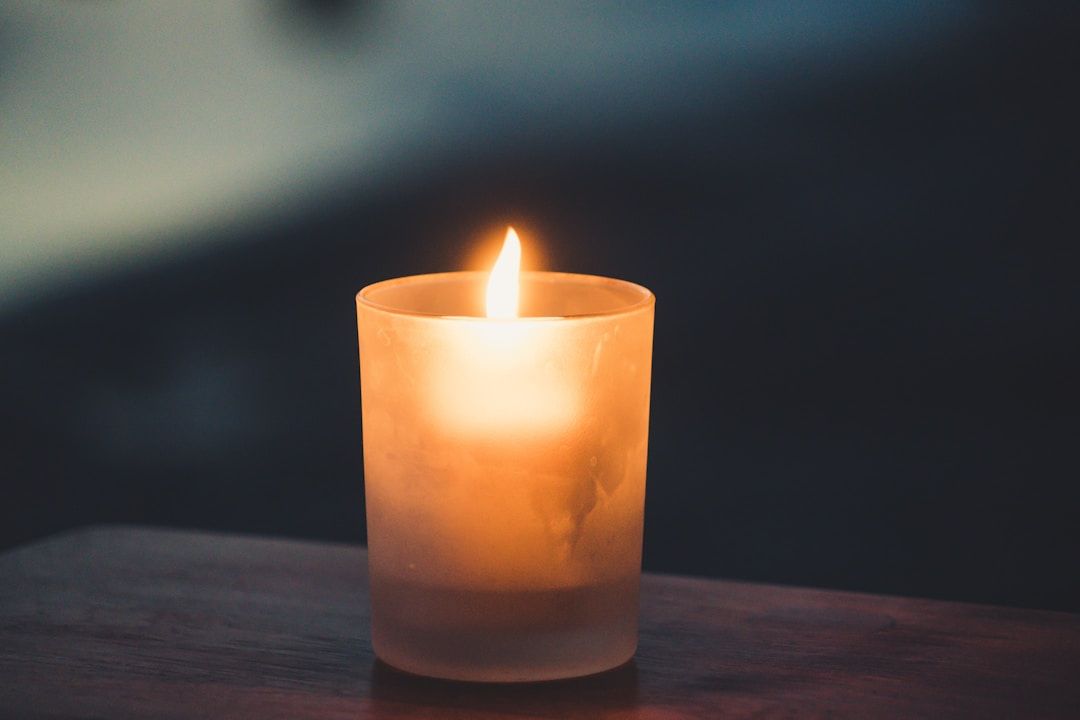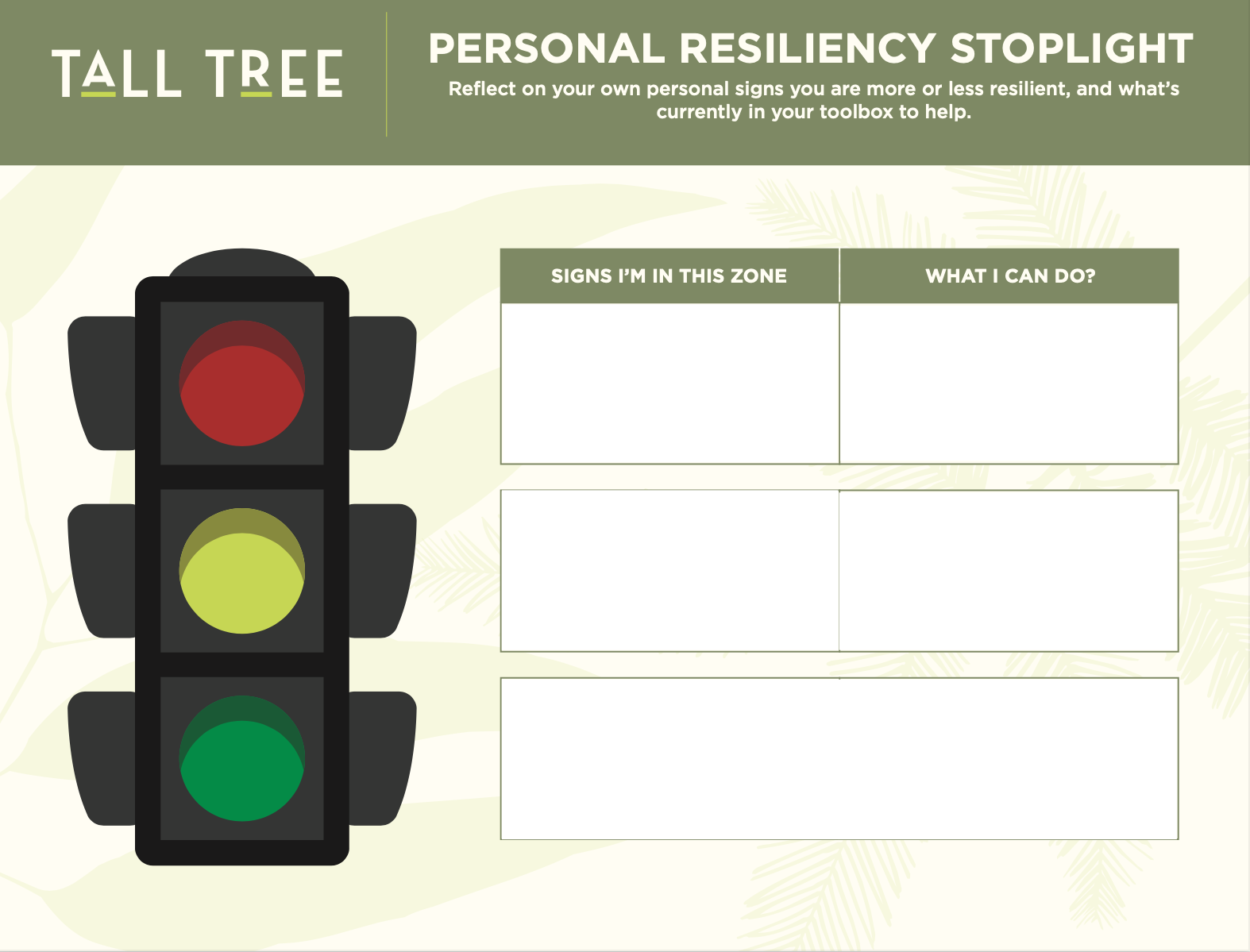
Reigniting the Flame: A Journey Through Burnout and Resilience
Jenny, an experienced occupational therapist, didn’t see it coming—at least, not at first. Like so many clinicians, she thrived on helping others. But after years of over-packed schedules, periods of emotional exhaustion, and regularly putting her patients' needs ahead of her own, Jenny found herself running on fumes. The spark that had ignited her passion for her work had dimmed. She was burnt out. If Jenny’s story resonates with you, read on and know this: the flame doesn’t have to go out.
Burnout is no stranger to healthcare professionals. In fact, studies show that nearly 50% of clinicians experience symptoms of burnout, including emotional exhaustion, depersonalization, and a decreased sense of personal accomplishment. Protective factors—such as awareness, supportive relationships, clear boundaries, and self-compassion—can make a big difference, but when they’re missing, the burnout cycle thrives.
Jenny’s story is one of resilience, growth, and rediscovery. After hitting her lowest point—crying in her car between patient sessions, wondering if she should even stay in the profession—she decided to make a change. She joined a resilience course that gave her practical tools and helped her reconnect with why she chose this path in the first place. Let's dive deeper into Jenny's story, but before we do, let's define burnout so we are on the same page.
Burnout is what happens when stress from work (or life) builds up to the point where you’re emotionally, mentally, and physically drained. More specifically, it is a state of physical, emotional, and mental exhaustion caused by prolonged and excessive stress, often occurring in the workplace. It is often characterized by three main components:
Emotional & Physical Exhaustion
Feeling so wiped out that even getting out of bed feels like a task.
Depersonalization
& Cynicism
Finding yourself detached, irritated, or not caring as much as you used to about work or the people around you.
Reduced Personal Accomplishment
Wondering if anything you do even matters or if you’re making a difference anymore.
Burnout snuck up on Jenny, just like it does for so many healthcare professionals. At first, she brushed off the exhaustion as part of the job. "Everyone feels tired," she told herself. But then came the cynicism—she found herself snapping at colleagues and feeling detached from the patients she once cared so deeply about. The final straw? That nagging voice in her head saying, "Why bother? Nothing you’re doing is helping anyway."
In the course, one of the first lessons Jenny found particularly insightful was to identify where she was on her Personal Resiliency Stoplight:
- Green: Thriving, energized, and in flow.
- Yellow: Feeling strained, irritable, and starting to notice red flags.
- Red: Burnout mode—overwhelmed, disengaged, and emotionally drained.
Shocked, Jenny realized she’d been stuck in the red zone for months! Knowing this didn’t immediately fix things, but gave her clarity: she needed to focus on self-care, communication, and mindset shifts to move back to yellow and green.

One of the exercises and assignments from both resilience courses.
This was Jenny's 'A-Ha' moment.
Assertive Communication
Assertive communication is a clear, respectful, and confident way of expressing your thoughts, feelings, and needs while also considering the rights and perspectives of others. It strikes a balance between being passive (not speaking up) and being aggressive (speaking in a way that disregards others).
Jenny realized that one of her biggest struggles was saying “no.” Whether it was taking on an extra patient, staying late to help a colleague, or adding yet another responsibility to her already-packed schedule, she often found herself agreeing—despite knowing she was overcommitted. The guilt of letting others down, combined with a sense of obligation, kept her in a cycle of overextending herself.
In the resilience course, Jenny learned about assertive communication and practiced saying “no” in ways that felt empowering, not harsh or dismissive. Here are a 2 of the 5 strategies she found helpful:
Jenny practiced politely declining without overexplaining or feeling guilty:
“I can’t take that on right now, but thank you for thinking of me.”
This simple, clear response helped her set boundaries while maintaining professionalism.
When caught off guard, Jenny learned to buy time:
“Let me check my schedule and get back to you.”
This allowed her to consider her capacity before committing, reducing the pressure to say yes immediately.
These small changes helped Jenny protect her energy and regain a sense of control.

After a few months of practicing with these tools, and learning a few other key one's from the course, Jenny felt a shift. She wasn’t just surviving—she was thriving. She felt more confident in setting boundaries, more at peace with her imperfections, and more connected to the purpose that brought her into healthcare in the first place. She even noticed her relationships with patients improving, as her newfound energy and empathy made her a better listener and problem-solver. She had learned a ton in just a few months and change was happening.
Jenny’s story is one of many. Burnout affects healthcare professionals at alarming rates, but protective factors like assertive communication, self-awareness, and mindfulness can make all the difference. Building resilience isn’t about eliminating stress; it’s about learning to navigate it with tools that keep you grounded, help you bounce back from challenges, and aligned with your purpose.
If Jenny’s story resonates with you, know this: the flame doesn’t have to go out. With the right tools and support, you can reignite your passion and find joy in your work again.
I hope you found Jenny's story insightful.
Here are two courses we’re offering to dive deeper into becoming more resilient:
1. Resilience in Healthcare: – This short introductory course equips you with practical resilience tools to use right away.
2. Strength Under Stress: – Built with the busy healthcare provider in mind, take a deep dive with our full course, designed to integrate resilience into every aspect of your practice.
Sean Overin, MPT, DPT Physiotherapist



